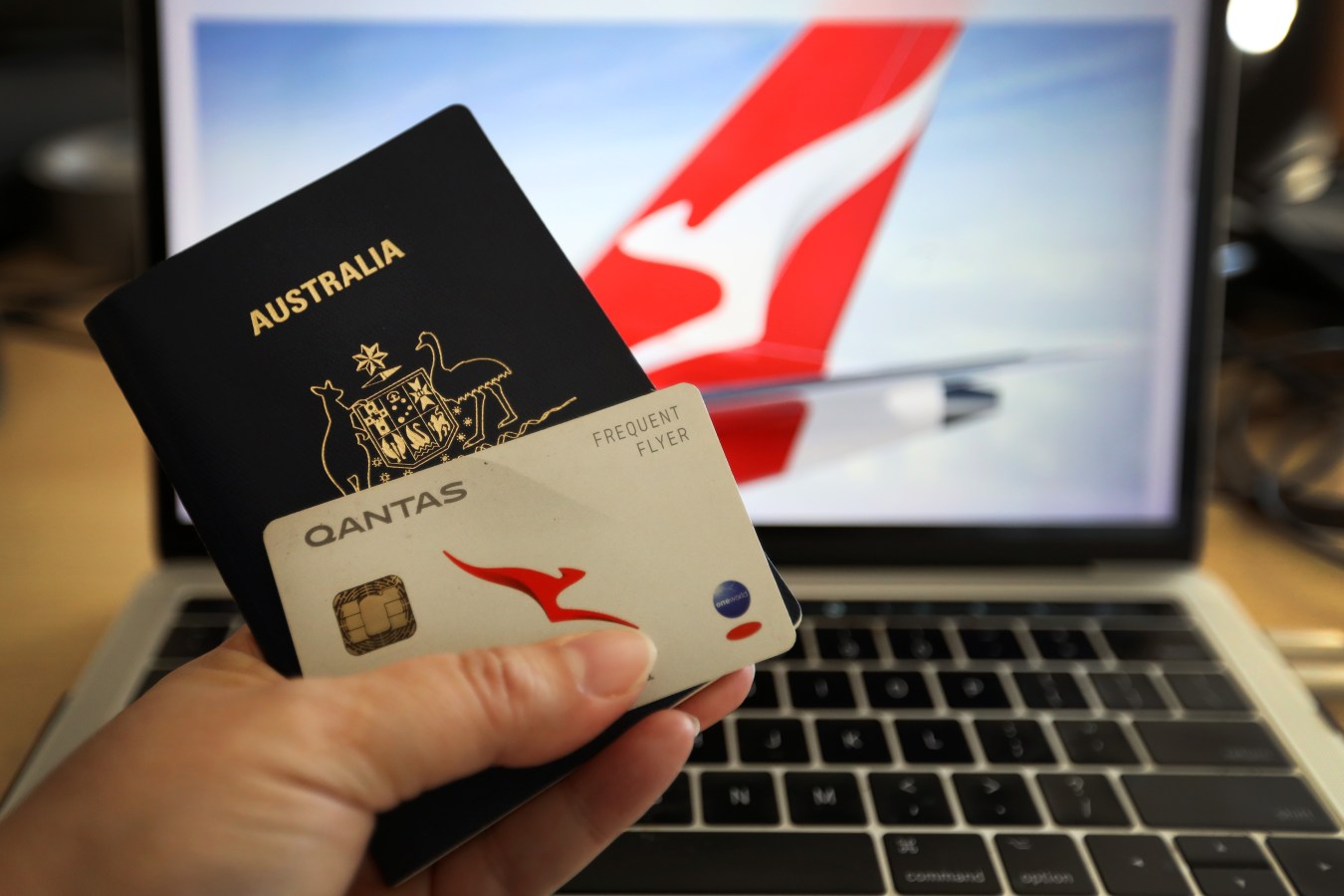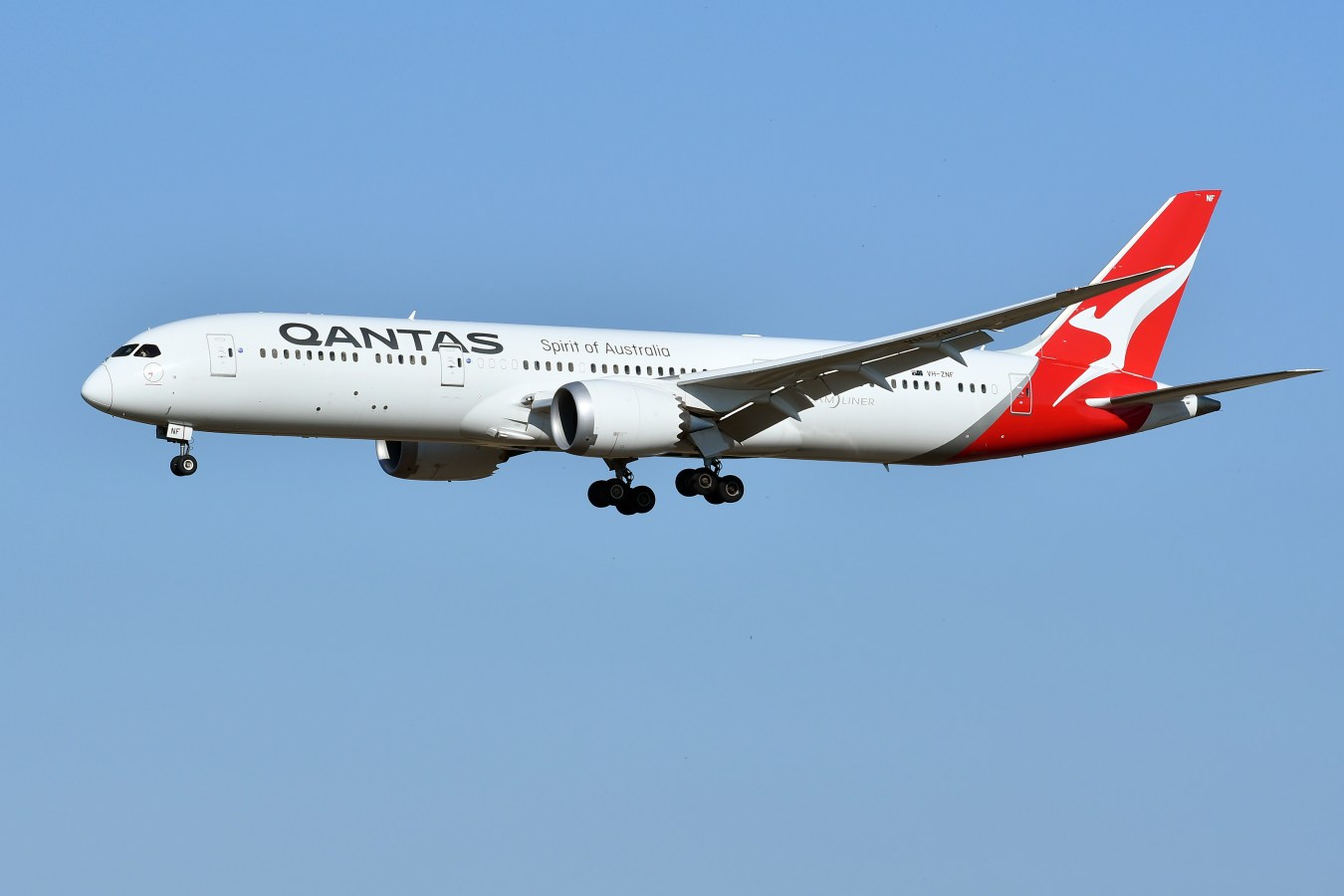Australia’s national carrier Qantas has seen statutory profits take off thanks to strong demand across all market segments.

Key Takeaways
- Qantas’ statutory profit after tax is up 28% to $1.61 billion, which the airline credits to continuing strong demand across all market segments and its dual brand strategy (which uses its two airlines, Qantas and Jetstar, to target the premium and price-sensitive markets).
- The airline announced a new employee share plan, which will see about 25,000 eligible non-executive employees bank $1,000 in Qantas shares on an annual basis, subject to the Group’s financial performance.
- Qantas announced it has resumed paying dividends – a base final dividend of $250 million and a special dividend of $150 million.
- Underlying profits were up 15% to $2.39 billion.
- Shares were trading at $11.11 the night before the announcement.
Big number
$1.61 billion. That’s Qantas Group’s total statutory profit after tax for FY25. That’s an increase of 28% on the previous FY. Its underlying profit before tax was UP 15% TO $2.39 billion.
Key background
Qantas says its earnings were up thanks to continuing strong demand across all market segments, with Jetstar carrying a record 16 million passengers domestically. Its dual brand strategy – whereby it leverages its Qantas and Jetstar divisions to cater to both premium and price-sensitive customers – was also a boon.
The Group’s domestic arm delivered $1.52 billion in underlying EBIT, up 12% on the year prior. Qantas’ domestic unit saw revenue increase 5%, and its charter revenue was also up 9% thanks to the arrival for five additional Airbus A319 aircraft. Its Link segment also gained five new A220s, which the company says are on track to deliver up to $9 million in additional annual EBITDA.
Things are looking up for Jetstar again as it’s set to see 13 A320 aircraft deployed across its Australia and New Zealand services, following the closure of Jetstar Asia.
Crucial quote
“Despite the strong performance across the Group, we saw some costs rise above the rate of inflation, which reduced the benefits of lower fuel. Transformation remains a priority given ongoing increases in airport and government charges, engineering and supply chain costs and the impact of Same Job Same Pay legislation,” Qantas Group CEO Vanessa Hudson said.
Tangent
The good news for the airline comes after a string of bad press, with Qantas fined $90 million in August for illegally sacking 1,700 ground staff. Qantas said in a statement it has accepted the Federal Court’s penalty, and added it paid $120 million into the compensation fund for all affected former employees, which is being administered by Maurice Blackburn.
A month prior, it was hit by a major cyber breach where six million customers had their service records hacked by a cyber criminal that targeted a call centre.
What to watch for
Looking ahead, Hudson says this year will see the acceleration of Qantas’ domestic fleet renewal – which includes new aircraft fitted with lie-flat Business class seats.
And direct flights from the east coast of Australia to London and New York are also “a step closer to reality”, with the first aircraft embarking on such journey entering the final assembly line in the coming months – with delivery expected in October next year.
Look back on the week that was with hand-picked articles from Australia and around the world. Sign up to the Forbes Australia newsletter here or become a member here.

